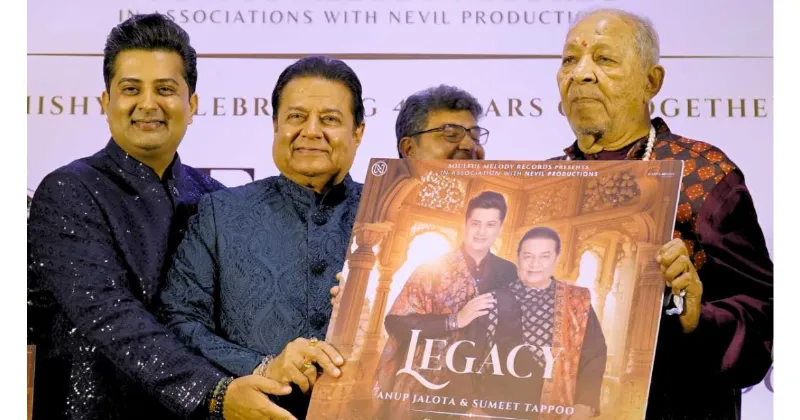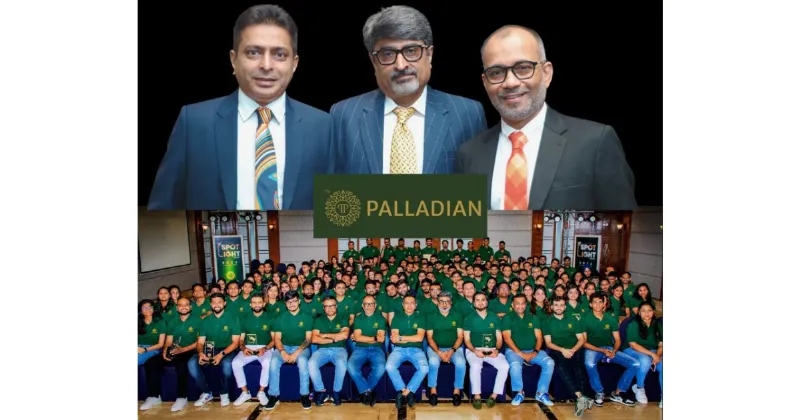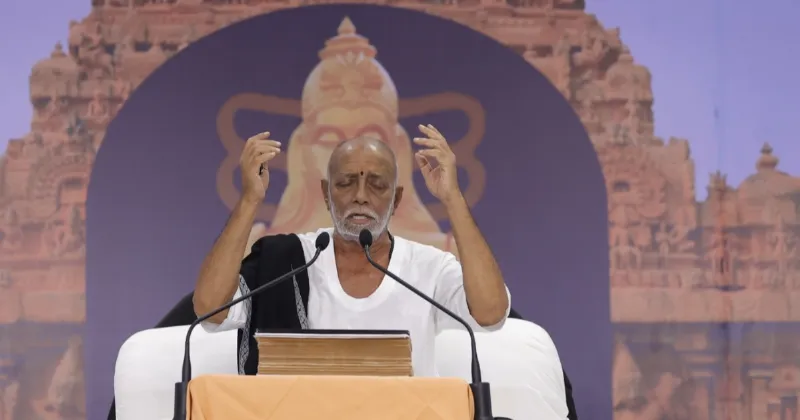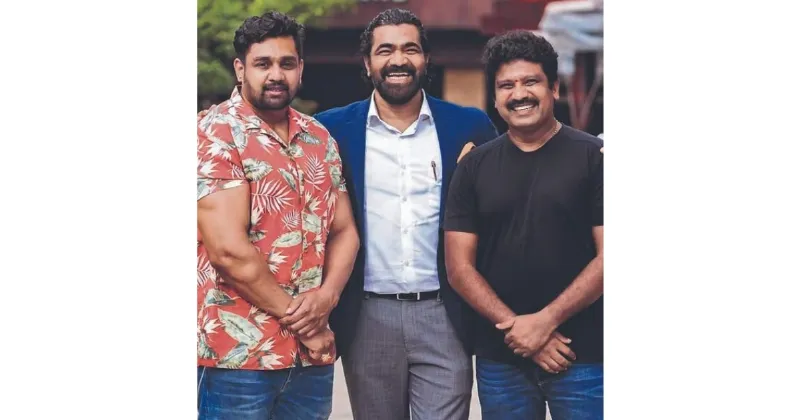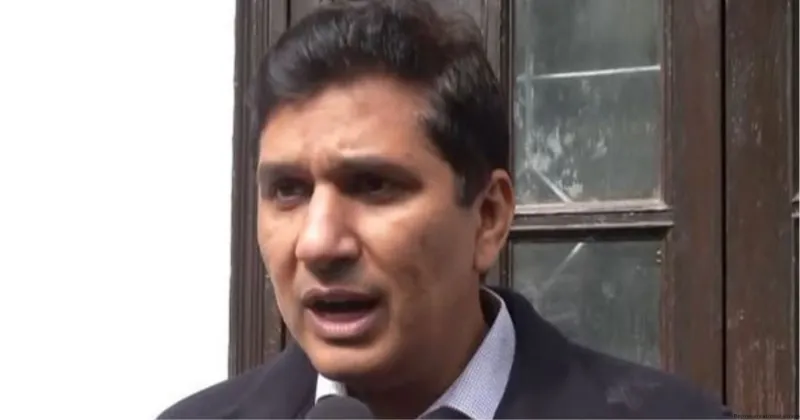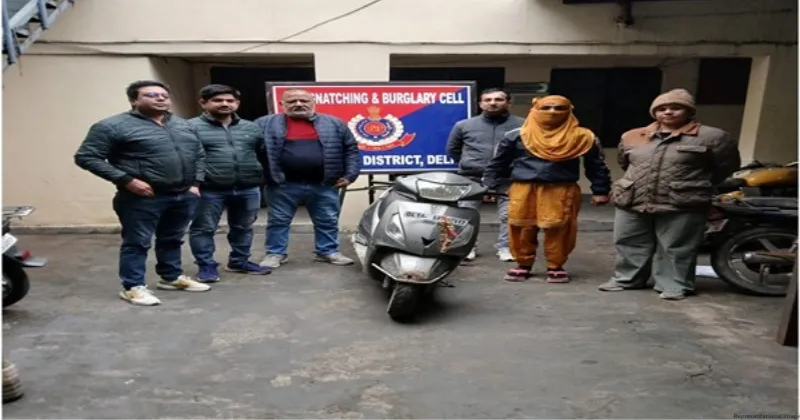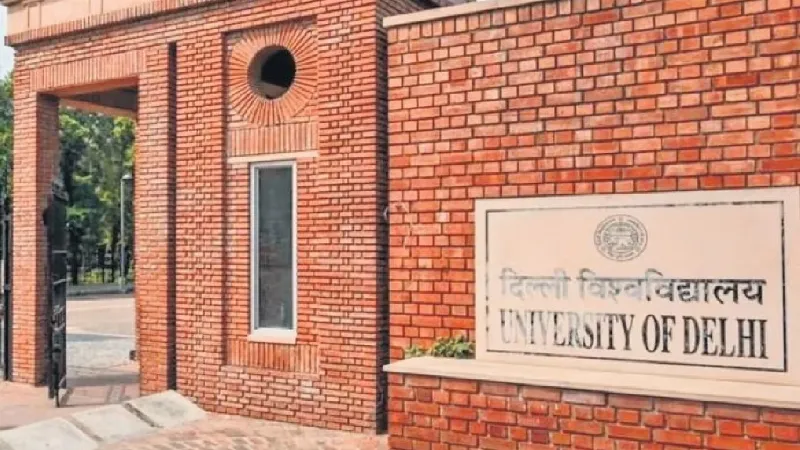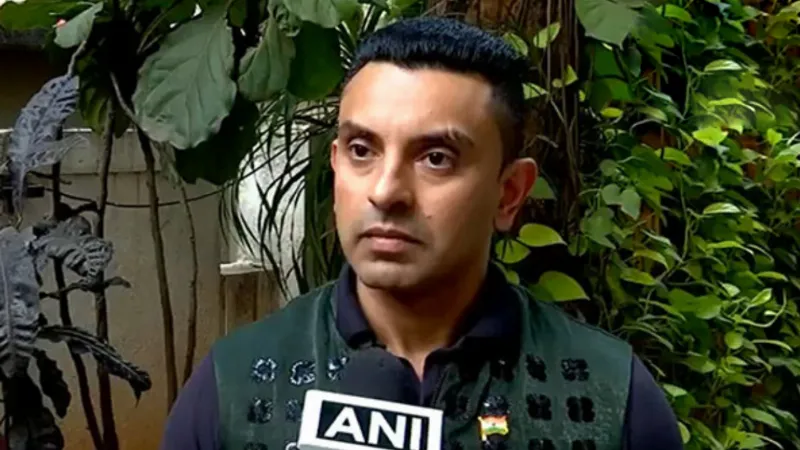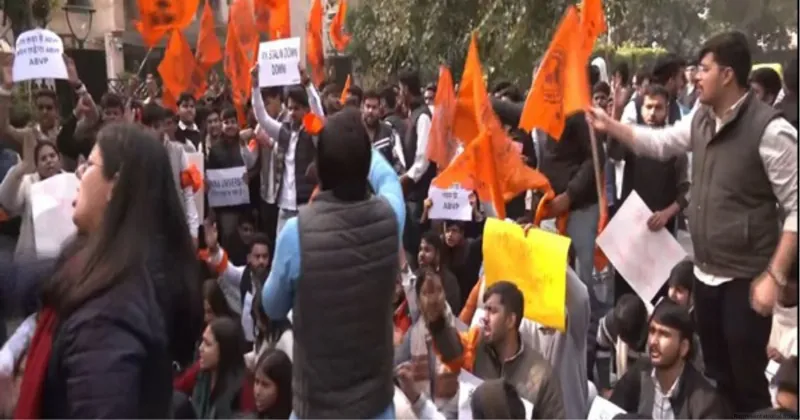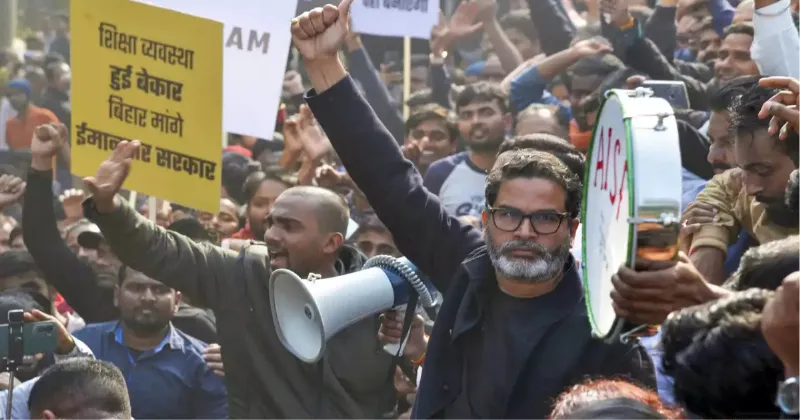Interview with Advocate Anik: Supreme Court's Landmark Ruling and Protection of OCI Rights
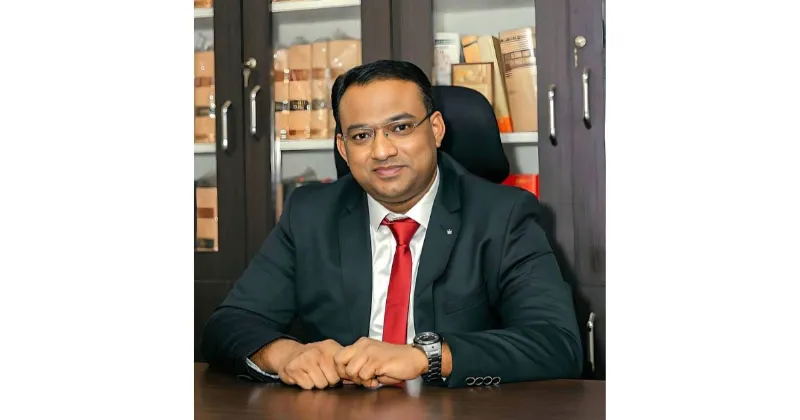
New Delhi: Today, we have the privilege of speaking with A M Iktear Uddin (Anik), a leading advocate and citizenship lawyer based in Bangalore, and a partner at Prime Legal. Anik has recently garnered significant attention for his insights on the landmark Supreme Court judgment protecting the educational rights of Overseas Citizens of India (OCI) cardholders. Thank you for joining us, Anik.
Anik: Thank you for having me. I'm glad to discuss this important legal development that affects many individuals.
Could you briefly explain the significance of the recent Supreme Court ruling in the case of Anushka Rengunthwar & Ors. vs. Union of India & Ors.?
Anik: Certainly. The Division Bench of the Hon’ble Supreme Court of India, delivered a landmark judgment in this case (Writ Petition No. 891 of 2021). The ruling serves as a pivotal moment in safeguarding the educational rights of OCI cardholders. The case challenged a notification issued by the Ministry of Home Affairs on March 4, 2021, which restricted OCI cardholders to NRI-reserved and supernumerary seats, excluding them from general category seats reserved for Indian citizens.
Previously, OCI cardholders were given parity with NRIs for competitive exams and admissions, including the NEET exam conducted by the National Testing Agency (NTA). The petitioners contended that this notification violated the Doctrine of Non-Retrogression by stripping them of their pre-existing rights.
How did the Supreme Court address the issues raised by the petitioners?
Anik: The Supreme Court took a meticulous approach to evaluating the petitioners' concerns. Many petitioners had lived in India for years and pursued their education here. The Court found the notification arbitrary and ruled that it should apply prospectively, not retroactively. This ensures that OCI cardholders who obtained their status before the notification date continue to enjoy the rights previously granted to them.
The ruling emphasized the importance of constitutional principles like the Doctrine of Non-Retrogression, which prevents the government from diminishing or removing established rights. Although the Doctrine of Legitimate Expectation was not directly applied, the Court acknowledged that the petitioners’ reasonable expectations had been disrupted by the abrupt changes to their admission eligibility.
What has been the legal impact of this ruling on OCI cardholders and the broader legal landscape?
Anik: This ruling has had a profound impact on the rights of OCI cardholders and has set a critical precedent in Indian law. It reaffirms that established rights must be protected, and any changes to these rights must be backed by clear reasoning and transparency. Following the Supreme Court’s decision, several other legal rulings have upheld the rights of OCI cardholders, reinforcing their legal status in India.
For instance, the Hon’ble Karnataka High Court recently directed the Karnataka Examination Authority (KEA) to permit OCI students to participate in entrance exams and counseling processes for professional courses, drawing from the Supreme Court’s ruling as a precedent.
How do you see this ruling shaping future legal developments in India?
Anik: This ruling is a landmark in Indian jurisprudence. It underscores the judiciary’s role in protecting individual rights and ensuring that government actions align with constitutional principles. Moving forward, this precedent will likely be cited in cases where rights are being withdrawn or modified for other groups, beyond just OCI cardholders.
Moreover, the decision sends a clear message that the state cannot act arbitrarily when dealing with established rights. Any changes must be legally justified, reasonable, and in accordance with the principles of justice and fairness.
Thank you, Anik, for sharing your valuable insights on this significant ruling. Your expertise on the matter is greatly appreciated
Anik: It was a pleasure to discuss this important legal development. I'm always happy to contribute to conversations that focus on protecting fundamental rights and ensuring legal clarity.



